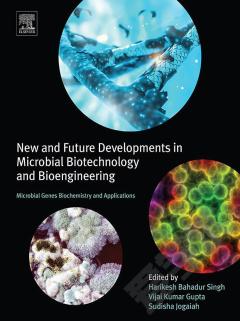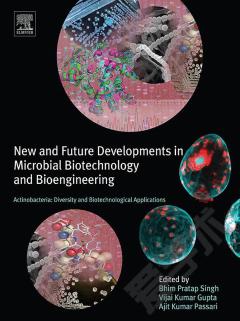New and Future Developments in Microbial Biotechnology and Bioengineering —— Crop Improvement through Microbial Biotechnology
----- 微生物的新发展和未来发展
Crop Improvement through Microbial Biotechnology explains how certain techniques can be used to manipulate plant growth and development, focusing on the cross-kingdom transfer of genes to incorporate novel phenotypes in plants, including the utilization of microbes at every step, from cloning and characterization, to the production of a genetically engineered plant. This book covers microbial biotechnology in sustainable agriculture, aiming to improve crop productivity under stress conditions. It includes sections on genes encoding avirulence factors of bacteria and fungi, viral coat proteins of plant viruses, chitinase from fungi, virulence factors from nematodes and mycoplasma, insecticidal toxins from Bacillus thuringiensis, and herbicide tolerance enzymes from bacteria. Introduces the principles of microbial biotechnology and its application in crop improvementLists various new developments in enhancing plant productivity and efficiencyExplains the mechanisms of plant/microbial interactions and the beneficial use of these interactions in crop improvementExplores various bacteria classes and their beneficial effects in plant growth and efficiency
{{comment.content}}








 京公网安备 11010802027623号
京公网安备 11010802027623号